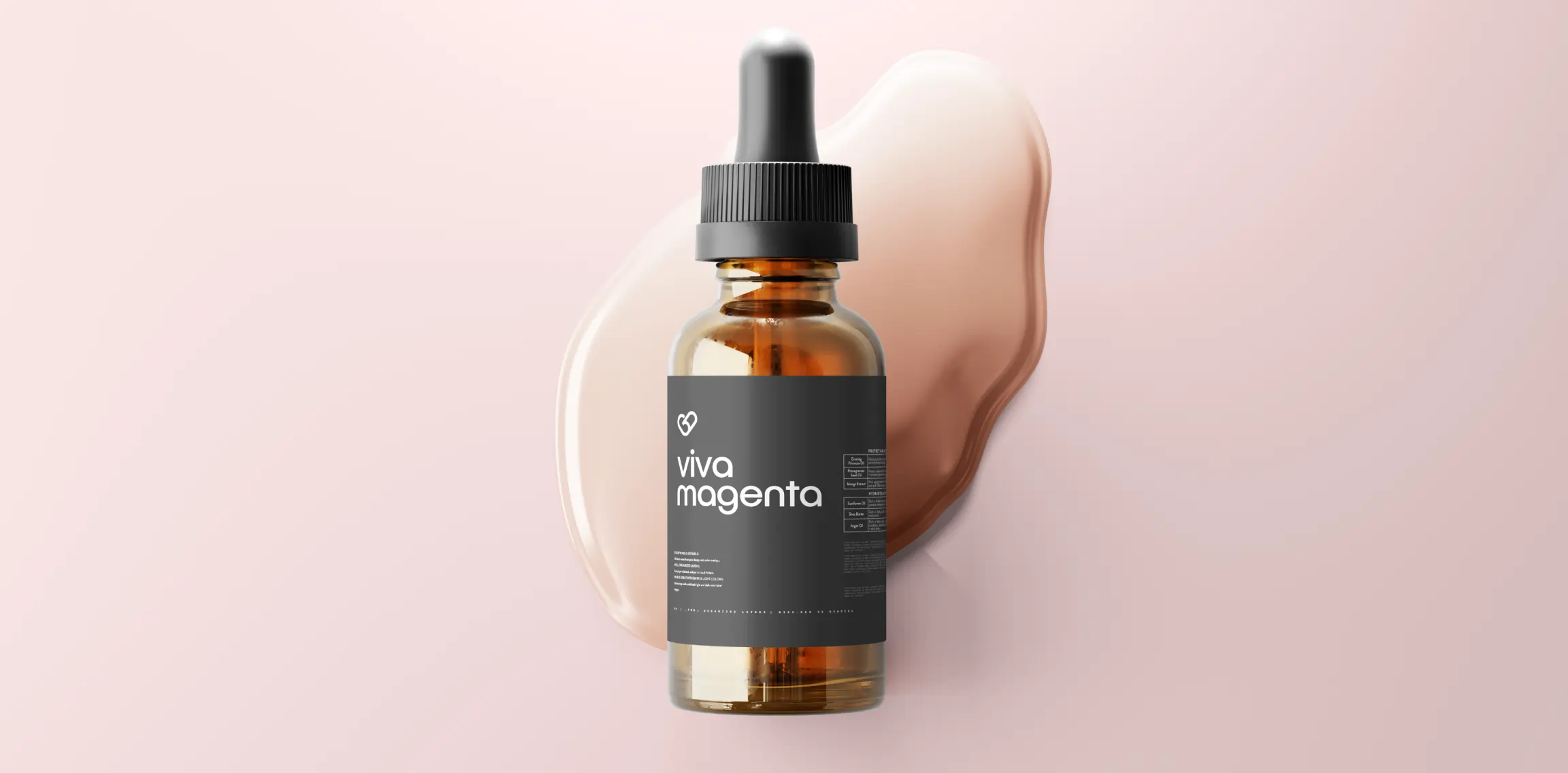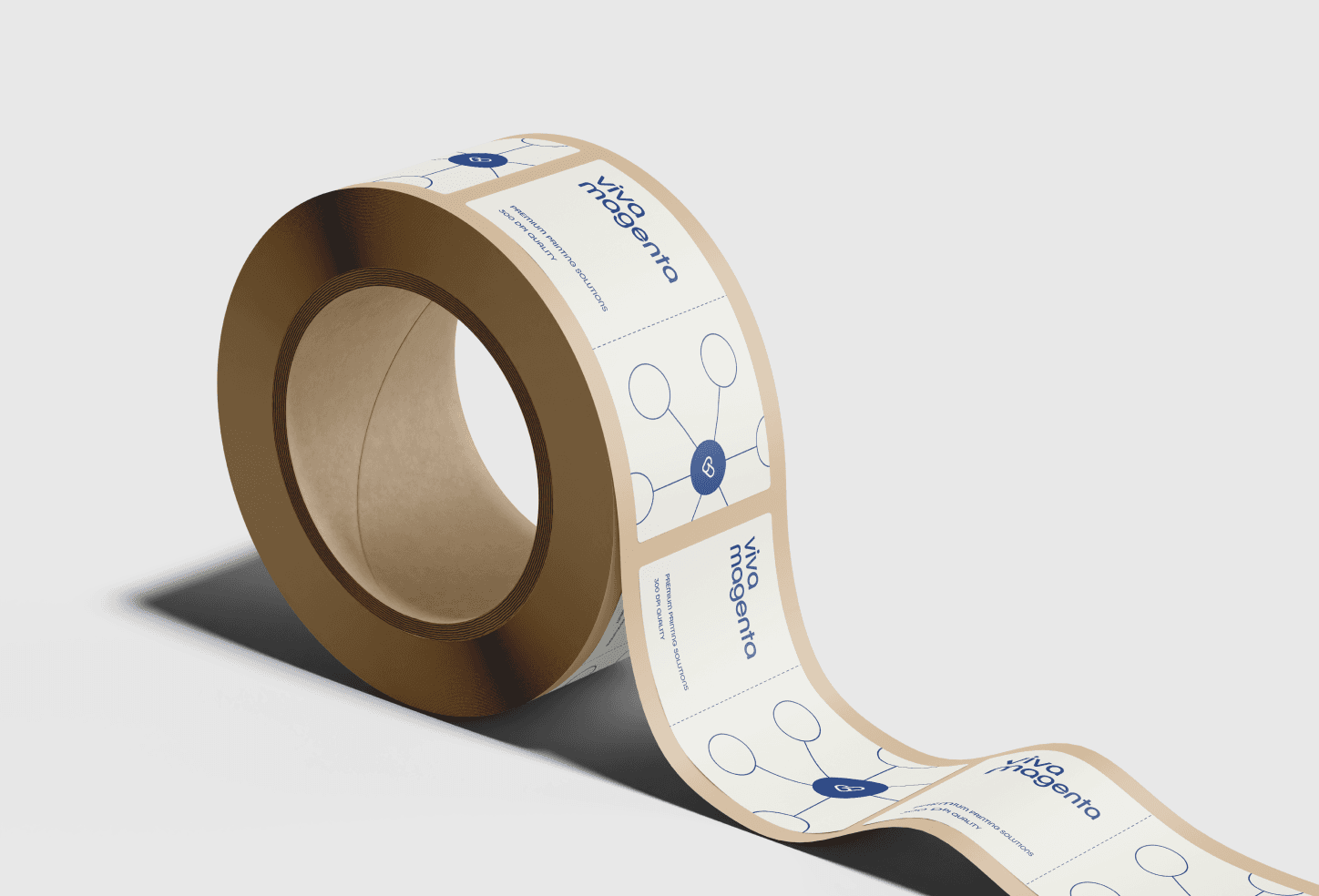The Ultimate Guide to Durable and Waterproof Labels
Consumers often judge a product's quality by its label, and durable labels play a significant role in this perception. Despite exposure to moisture, a pristine and readable label speaks volumes about the product's quality and the brand's attention to detail. In environments where products are stored, such as warehouses or retail shelves, the condition of the label can impact consumer decisions. Well-chosen adhesive labels ensure the product maintains a high-quality appearance, enhancing its appeal and reinforcing the brand's commitment to excellence.
What are Durable Labels?
Durable labels play a crucial role across various environments where exposure to moisture and water is a constant challenge. Unlike their standard counterparts, these specialised printed labels on a roll offer exceptional reliability in conditions where traditional labels would fail. Their significance extends beyond mere resistance to water; they ensure that essential information remains intact and visible, irrespective of external conditions. Businesses rely on durable labels to maintain brand identity and convey important product information in various settings, from bathroom shelves to outdoor environments.
What Type of Labels are Waterproof?
Understanding the waterproof capabilities of various label materials is critical to selecting the right option for your product. Glossy paper labels offer a degree of water resistance and are ideal for products with minimal exposure to moisture. However, plastic labels such as transparent (clear or ultra-clear), metallic, or polypropylene labels provide superior durability. These materials ensure the label remains intact and legible even in wet conditions. Choosing paper and plastic labels depends on your product's needs and environment.
What is the Most Durable Label Material?
Several technical aspects, notably the materials used in printing, influence the effectiveness of durable labels. Choosing materials, including the substrate, is pivotal in ensuring longevity and durability. When selecting printed labels on a roll, businesses must choose materials that resist water and retain clarity and colour fidelity over time. Additionally, the printing process must align with the demands of waterproof labelling, ensuring that the final adhesive labels can withstand challenging environments without degradation.
What Type of Lamination Makes Labels More Durable?
Different lamination options provide varying levels of protection for your printed labels on a roll. Glossy lamination adds a bright, reflective finish, offering strong protection against moisture and handling. It makes colours appear more vibrant and provides good durability for most applications.
Matte lamination offers a sophisticated, non-reflective finish with excellent scuff resistance. This option is trendy for products that need a premium, understated appearance while maintaining durability against everyday handling and moisture exposure.
Applications in Different Industries
In the personal care industry, water-proof labels are a luxury and a necessity for soaps and toiletries. These products frequently encounter water, so their labels must withstand such conditions. Beyond practicality, there's a legal aspect to consider: labels must remain legible to display ingredient information, usage instructions, and safety warnings.
Beverage labels present unique challenges that demand durable solutions. Exposure to liquids, including beverages and condensation, can easily damage traditional labels, compromising appearance and risking vital product information. Water-proof packaging ensures branding, ingredients, and legal information remain visible and intact.
Outdoor products require exceptional durability from their label packaging. The labels must remain legible and intact in environments where products are exposed to rain, humidity, and other elements. These durable labels preserve critical details, enhancing product usability and safety.
In kitchen environments, waterproof roll labels are indispensable. They ensure that labels on items like cleaning agents, food containers, and appliances remain readable despite regular contact with moisture. This durability becomes crucial for maintaining product information and safety instructions.
Why Choose Durable Labels for Your Products?
Durable labels are an indispensable asset across various industries, offering reliability where traditional labels fall short. They protect essential product information, ensuring it remains visible and legible in diverse environments. This choice of labelling reflects a brand's commitment to quality and customer care. Understanding the value of water-proof labels helps businesses make informed decisions that enhance their products' appeal and functionality. Companies can effectively communicate their brand identity and uphold product standards by selecting the right label packaging solutions.

